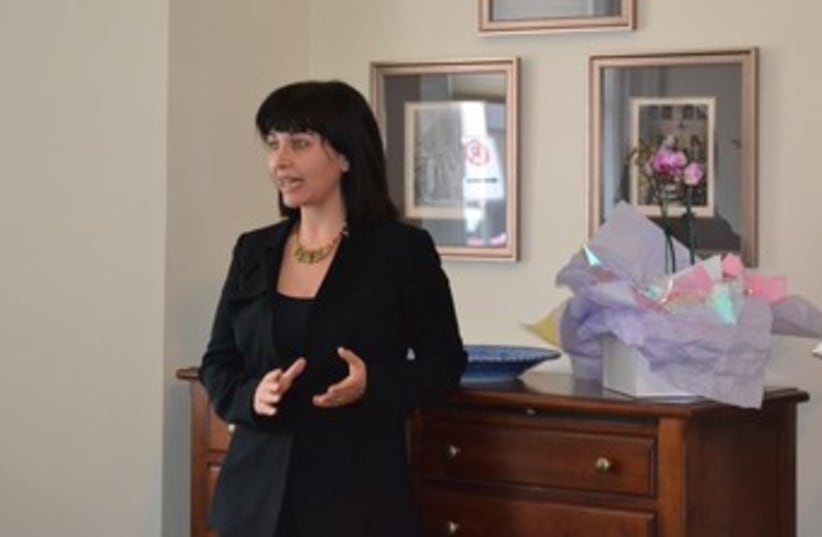The writer teaches at the Max Stern Yezreel Valley College and was a Knesset employee for many years.
Think About It: UNRWA, Palestinian refugees
It is regrettable that the chances of Dr. Einat Wilf being reelected to the 19th Knesset are slim.

The writer teaches at the Max Stern Yezreel Valley College and was a Knesset employee for many years.